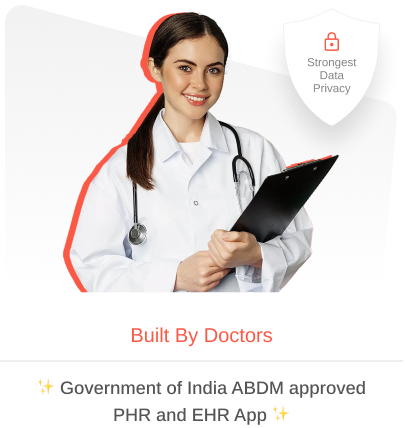Electronic Health Records vs. Hospital Management Software: What’s the Difference?

The healthcare industry has observed a significant change with the adoption of various digital tools that improve efficiency and patient care both. Among these health tools, electronic health records (EHR) and hospital management software (HMS) plays a very vital role in smooth medical processes. Along this, both tools have some essential functions which cater to different aspects of healthcare administration. To implement the right technology within a healthcare management system, first we have to understand their basic difference with their features which is necessary for.healthcare providers Electronic Health Records The EHR stands for Electronic Health Records, which records a patient’s whole paperwork in the digital form and replaces the traditional paperwork. These platforms assemble medical history, treatment plans, prescriptions, lab results, and diagnostic images, ensuring easy access to critical data and more. EHR is a well-integrated system that definitely improves clinical decision-making by providing real-time updates on patient health status. Along with this, it ensures conformity with regulatory standards, and provides smooth communication between medical departments and external healthcare institutions and ensures good care. Features and Benefits of EHR Hospital Management Software THe HMS stands for Hospital Management Software, that provides a more comprehensive solution that goes beyond medical records. It integrates various administrative and clinical functions within a healthcare management system, facilitating hospital workflows, patient engagement, and operational efficiency. This software streamlines with the best features like appointment scheduling, billing, resource allocation, and inventory management too. HMS is the combination of multiple functionalities as it improves coordination among different departments, better optimizing service delivery and improving healthcare outcomes. Features and Benefits of HMS Key Differences Between EHR and HMS Aspect Electronic Health Records (EHR) Health Management Software (HMS) Main Function Manages patient medical records Smoothly maintains administrative and clinical operations Scope Focuses on patient history and medical data Focus on scheduling, billing, inventory, and resource management User Base Healthcare providers and specialists Hospital administrators, doctors, and support staff Interoperability Connects with other medical institutions Integrates various hospital departments Regulatory Compliance Ensures data security and privacy Supports operational compliance with healthcare laws How to Decide the Right Solution for Healthcare Facilities Selecting between these two technologies depends on the specific needs of a healthcare facility. Hospitals or institutions, want to maintain efficient data recording and restore patient care will benefit from EHR. However, institutions looking to optimize operations, manage financial transactions, and improve workflow efficiency require a healthcare management system move with HMS functionalities. Outcome The successful integration of digital solutions ensures perfect healthcare delivery and better patient experiences. EHR plays a pivotal role in clinical documentation and regulatory compliance, while HMS offers a broader scope by managing overall hospital operations. While deciding the appropriate solution, it totally depends on organizational requirements and long-term goals. An effective software for hospitals combines the strengths of both, ensuring enhanced efficiency, improved patient outcomes, and a well-coordinated medical environment.




